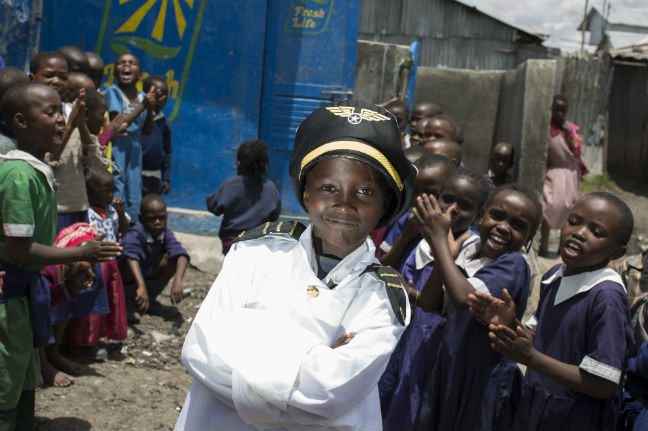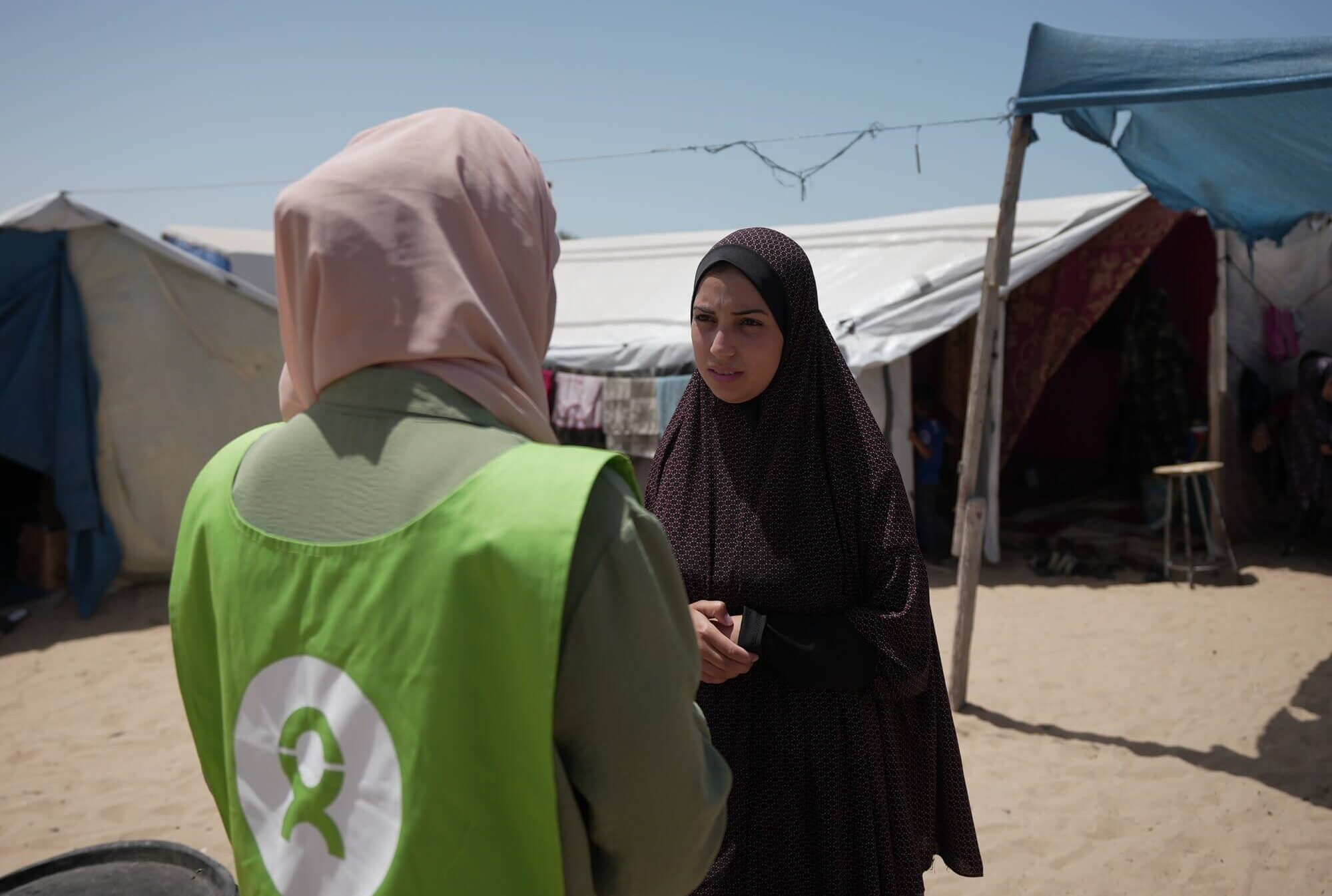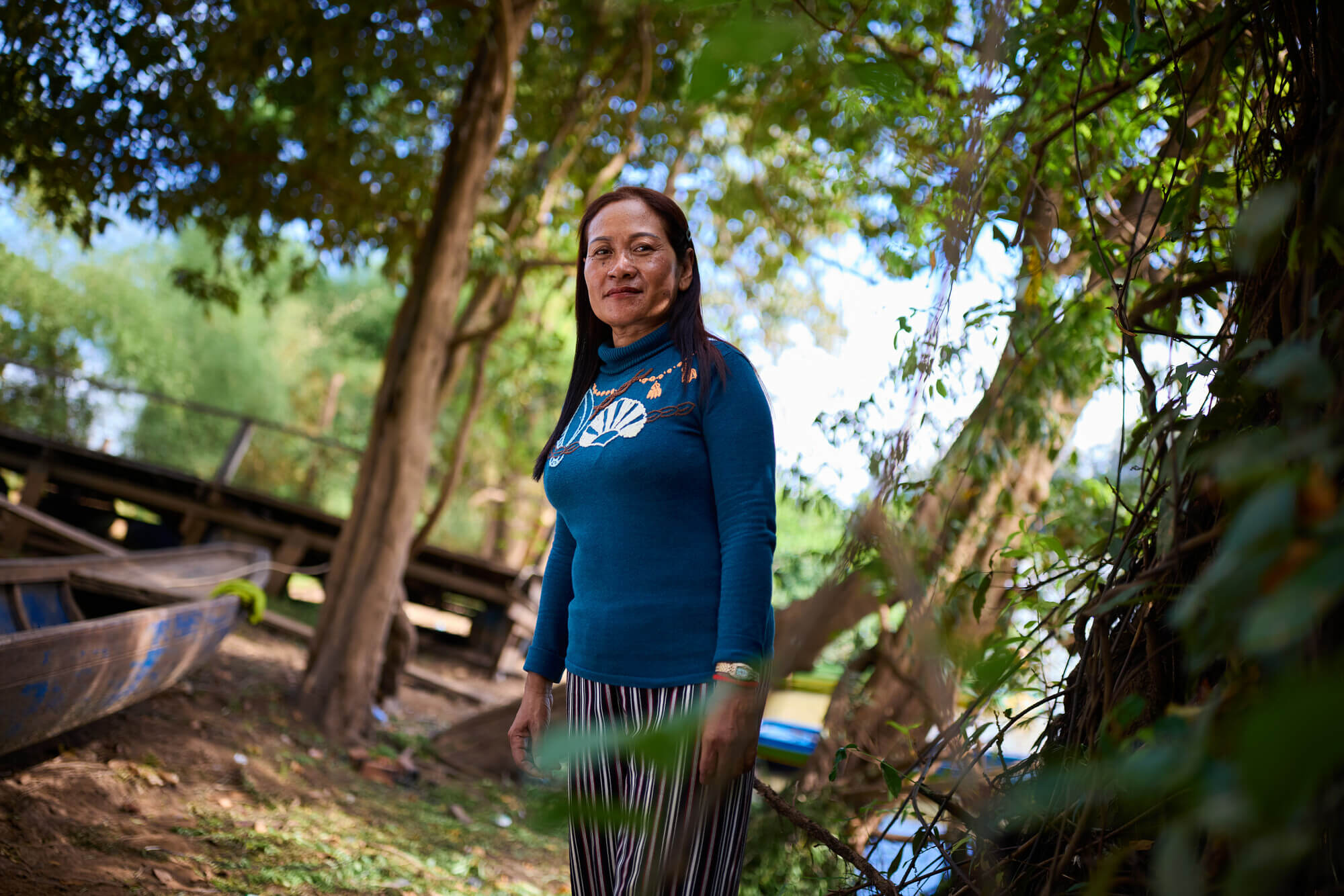A hard way of life
In Kenya, slums are home to thousands of people. Clean water, electricity and plumbing are hard to come by.
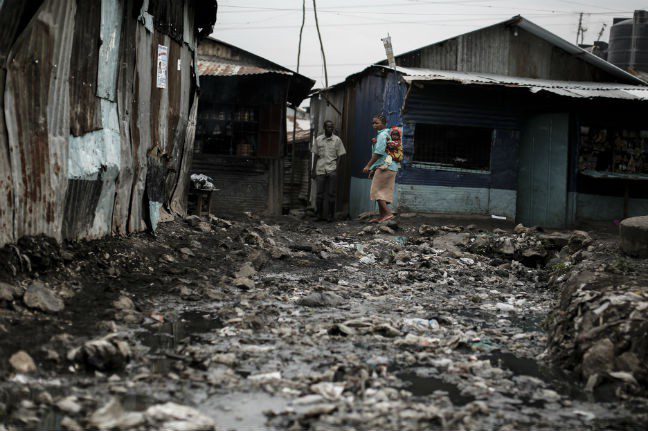
One big problem
In the Mukuru slum in Nairobi, human waste lines the streets and seeps through homes. Open sewers run alongside local schools. Pollution is everywhere. Disease and poverty are rife.
So many small children die from the conditions in Mukuru, the average life expectancy is just 40 years old.
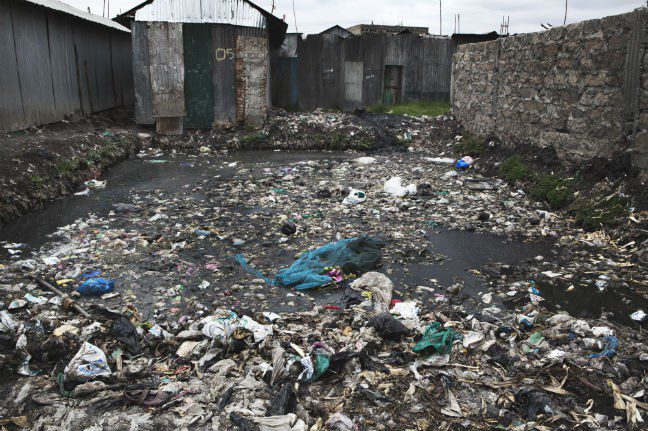
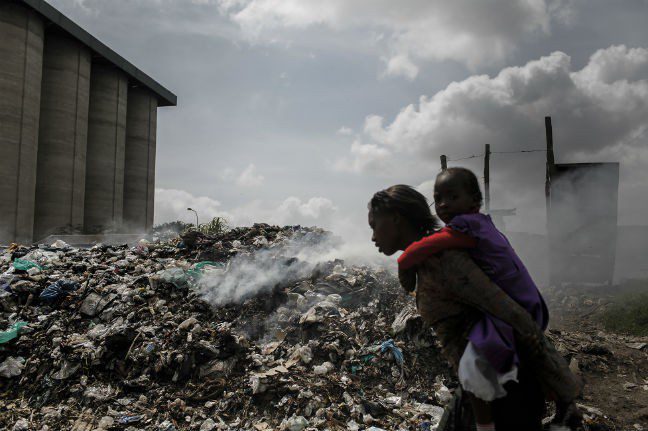
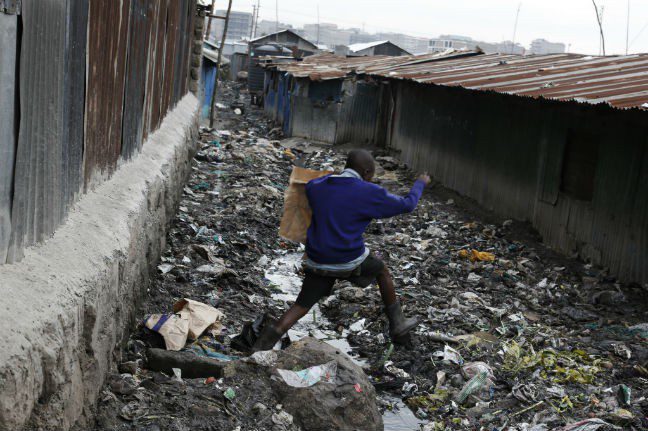
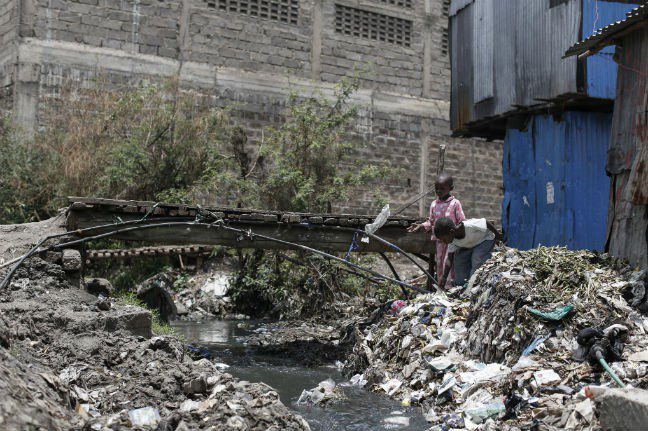
Growing up in Mukuru
For the kids of Mukuru, it’s not just their lives under threat. Those who survive are often sick and absent from school — and education is their best chance of escaping poverty.
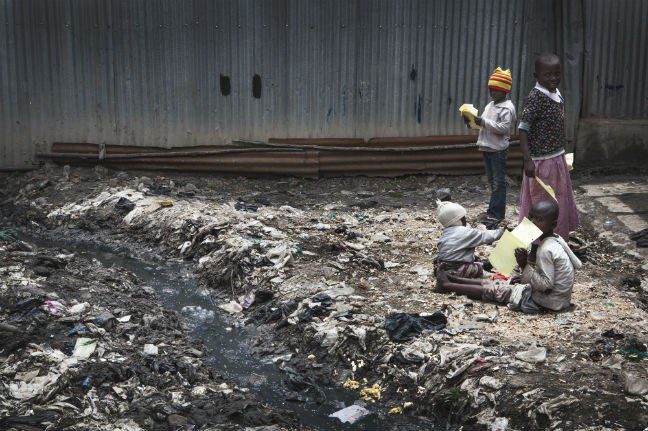
Sanitation for everyone, forever
There had to be a way to keep disease at bay. So when Oxfam partner Sanergy created the Fresh Life toilet, we knew there could be an innovative and sustainable solution for the people of Mukuru — one that keeps kids safe from disease, creates job opportunities and helps break the cycle of poverty.
A portal to another life
So what happened when Oxfam put Fresh Life toilets directly into local schools? It saved lives. And it changed them dramatically.
Children were less sick. Attendance rates increased by nearly 50%. More girls than ever started going to school.
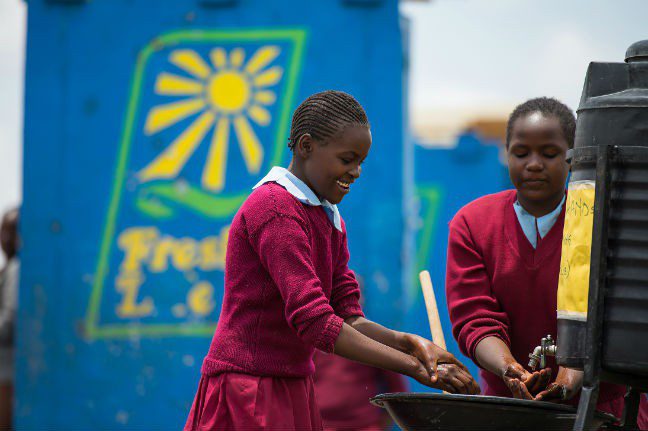
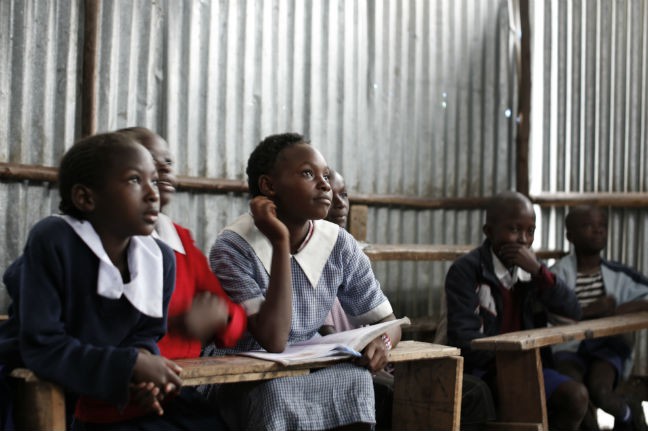
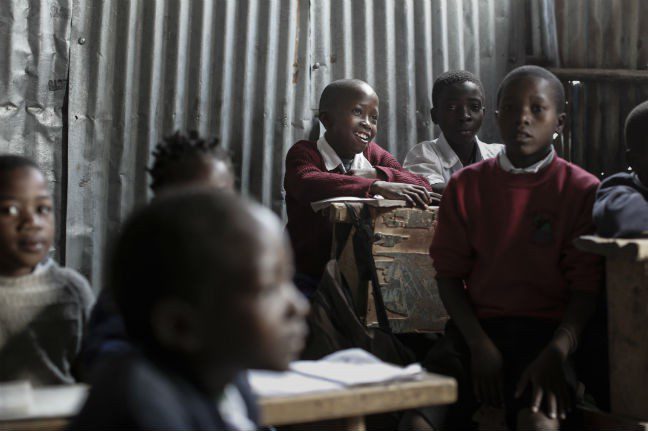
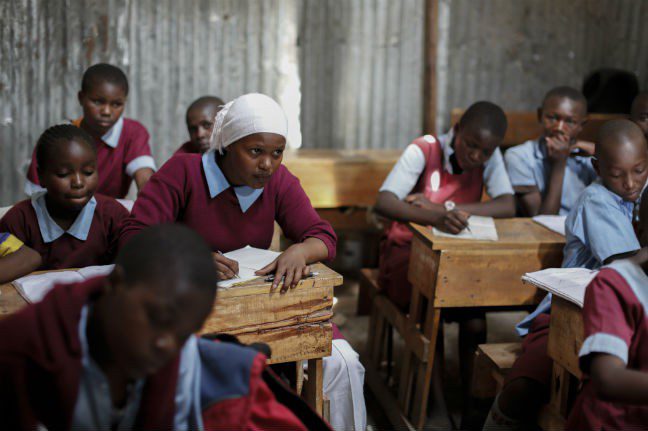
Break the cycle of poverty
Access to a hygienic and safe toilet is critical for any child’s development. But for these kids, good health is a chance to realise their ambition. All children deserve the opportunity to go to school.
All children deserve the opportunity to dream.
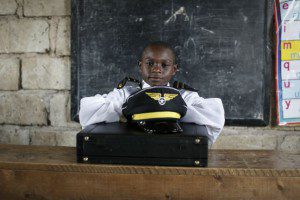
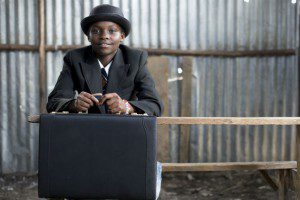
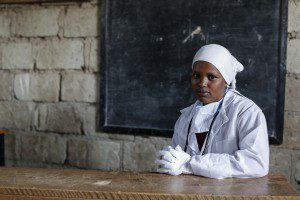
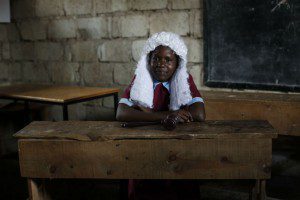
You can help kids live their dreams.
“When I grow up, I would like to be a pilot. When I’m a pilot, I would like to go to the United States of America. There you can walk anywhere you like and you are free,” — Victor, age 10.
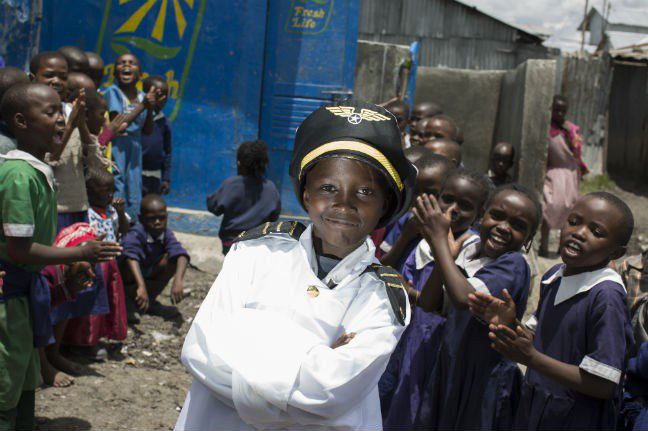
All photos by Sam Tarling/Oxfam GB unless otherwise individually credited.
